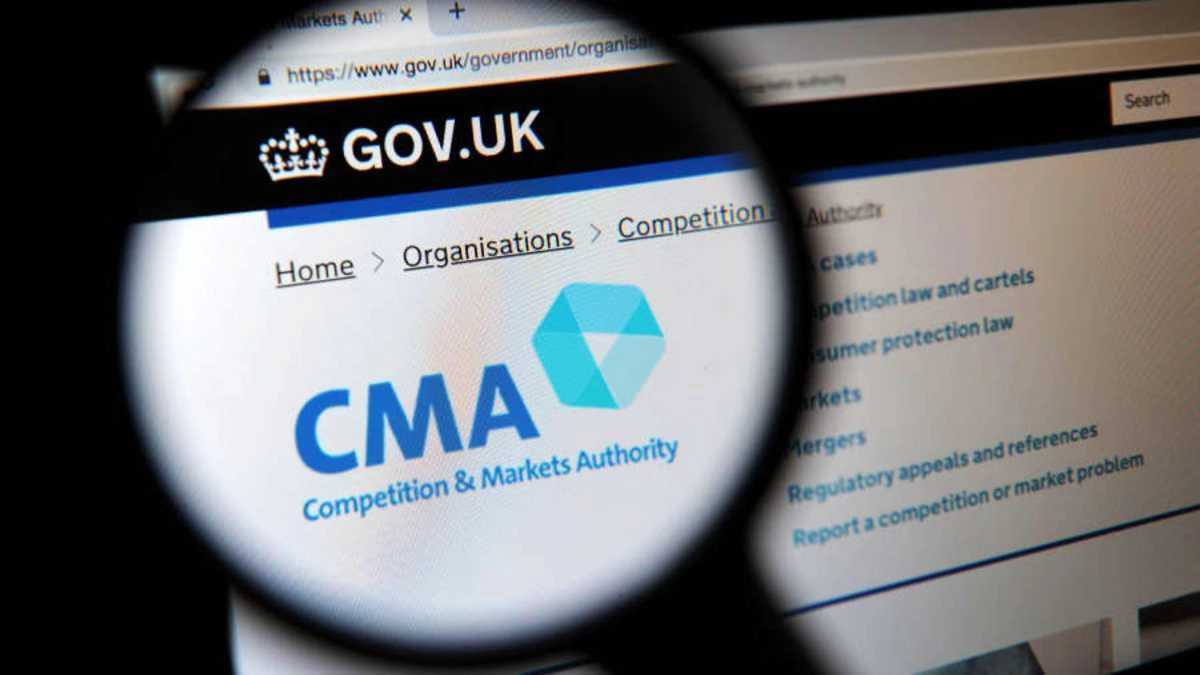UK competition regulator the Competition and Markets Authority (CMA) has referred the proposed merger of Liberty Global-owned Virgin Media and Virgin Mobile with Telefónica’s O2 for an in-depth Phase 2 probe following Virgin and O2’s request that the watchdog move quickly to this stage through a ‘fast-track’ process.
The CMA’s move comes after it lobbied the EU to refer the merger back to it, based on its argument that this was a UK matter in view of the impending end of the Brexit transition period.
Back in May, Telefonica’s UK arm O2 and Liberty Global’s Virgin Media agreed to a merger set to shake the UK telecoms market to its core. The 50–50 joint venture is set to cost around £31 billion, creating a converged entity well positioned to take on incumbent BT.
Merging companies can ask for a case to be fast tracked to Phase 2 where there is sufficient evidence at an early stage of the investigation for the CMA to conclude that there is a realistic prospect that the transaction would result in a substantial lessening of competition in one or more markets.
The CMA, as expected, has accepted the two companies’ request given the deal’s potential impact on competition in several telecommunication markets in the UK, and the Phase 2 probe will begin immediately.
According to the CMA, because Virgin and O2 provide certain wholesale services to other mobile network operators in the UK, it is concerned that, following the merger, the pair may have an incentive to raise prices or reduce the quality of these wholesale services, ultimately leading to a worse deal for UK consumers.
“The CMA is concerned that, following the merger, Virgin and O2 may have an incentive to raise prices or reduce the quality of these wholesale services, ultimately leading to a worse deal for UK consumers,” said the CMA in a statement, explaining their decision.
Liberty Global and Telefónica have expressed the view that the deal is pro-competitive and that they expect to be able to close it by the middle of next year. In the coming weeks, the group will publish an issues statement setting out in detail the aspects it expects to investigate. Interested parties will then have the opportunity to present their views on the merger and the issues to be examined by the group.
The decision to refer the merger back to the UK regulator was nevertheless greeted less than enthusiastically by the pair, who had earlier held out the hope that the EC would clear the transaction and warned that a referral back to the CMA could delay it.



